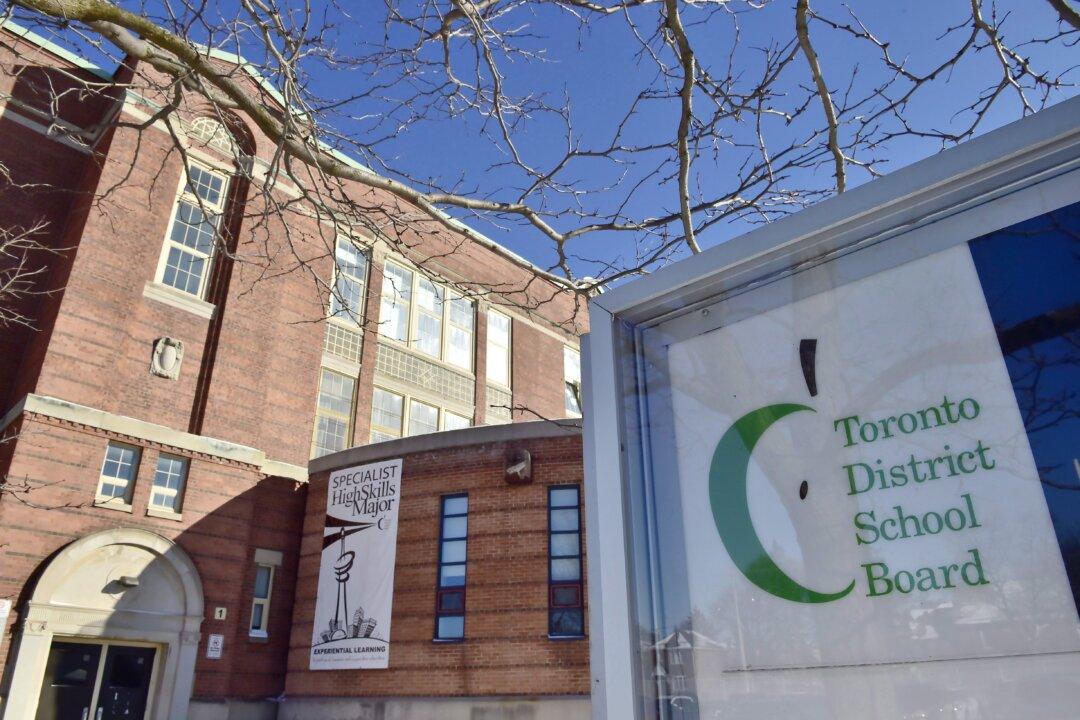The Toronto school board has voted to rename schools bearing the names of historical Canadian figures as part of initiatives to reject “namesakes tied to systems of oppression.”
On Feb. 19, the Toronto District School Board (TDSB) trustees voted 11–7 in favour of moving ahead with the renaming of Sir John A. Macdonald Collegiate Institute, Dundas Junior Public School, and Ryerson Community School.





